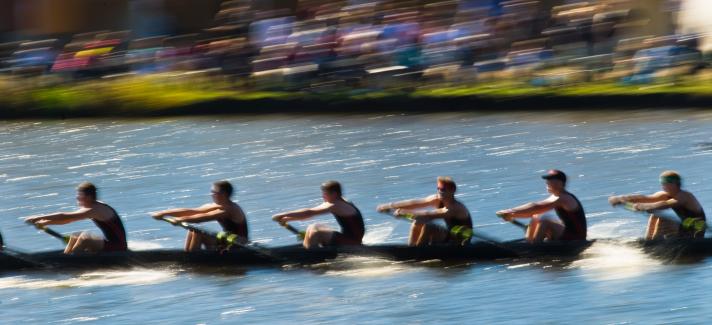x
The number and range of accelerators that could provide financing and other backing for blue bioeconomy projects is growing, in response to the need to respond to the challenges of ocean sustainability. The last two or three years have seen new accelerators established inside and outside Europe. In general, accelerators place no restriction on the geographical origin of the initiatives they support, meaning European blue bioeconomy entrepreneurs can also look beyond Europe’s shores for potential support.
The Sustainable Ocean Alliance, for example, is based in San Francisco and aims to improve the health of the oceans. It selects entrepreneurs aged 35 or under. It chose its first set of start-ups for support in 2018, providing each with $25,000 in financing in exchange for equity. Successful applicants also received an eight-week training programme in San Francisco, where the entrepreneurs’ ideas and business plans could be developed. It accepts applications from around the globe and the first five start-ups it supported came from the United States (two start-ups), the United Kingdom, Australia and Mexico.
The British participant was SafetyNet Technologies. It makes a programmable device that uses light to modify the behaviour of fish species that risk get caught in fishing nets. Different light pulses and patterns either attract or repel certain species. The idea behind the device is to reduce by-catch and make fishing more efficient and sustainable. Initial results have been stunning: reductions in by-catch of as much as 90%. The device has also been shown to be effective in reducing the risk of seabirds and turtles getting caught up in fishing nets. The company benefited from EMFF funding through the project FTL fish.
Europe also has a range of accelerators, which provide varying packages of financing and support for new ideas. Alimentos Ventures, for example, based in Germany, seeks early-stage aquaculture companies, which should have something to offer in the areas of nutrition, health, genetics and technology. Alimentos offers financing and advice and its investment might be most suitable for university or research institute spin-offs.
A larger-scale operation is at work in Norway. The Katapult Ocean accelerator selected its first batch of 12 projects in 2018. Each received a net investment (after fees) of $100,000 and the right to participate in a three-month acceleration programme that started in January 2019 in Oslo. The Katapult Ocean aim is to find projects offering technology that will have a positive impact on the oceans. Projects selected in the first batch included projects to reduce waste in the oceans and Fishency, a Norwegian initiative that uses technology to count and monitor sea lice, which can be a threat to aquaculture. Better data on sea lice, according to Fishency, can be the basis for prevention and control, leading to better management of aquaculture and a reduction in the use of chemical treatments.
Applications for the Katapult Ocean second batch of support can be submitted until 31 August 2019. Applicants can come from anywhere in the world but should expect tough competition: the first call for projects attracted more than 500 companies from 58 countries.
Other accelerators with the potential to assist blue bieconomy entrepreneurs include Neptune and Blue Bio Value. Neptune, which has been set up under the European Union’s Horizon 2020 programme, provided funding in the form of innovation vouchers. This recently closed project was an accelerator with a broad blue growth remit, but can support blue bioeconomy projects. Blue Bio Value, meanwhile, is a programme dedicated to the blue bioeconomy. It awards up to €45,000 to selected projects to spend on support services, including laboratories and consultancy. Selected project promoters also attend a ‘blue bioeconomy bootcamp’ in Portugal in autumn each year. Another recent initiative is C-Voucher, a programme that offers vouchers to companies, to be spent on technological implementation, as well as other training/acceleration services, to enable their transition to a circular economy. Sea industries are one of their five target sectors, and blue bio projects are therefore eligible to the programme.

